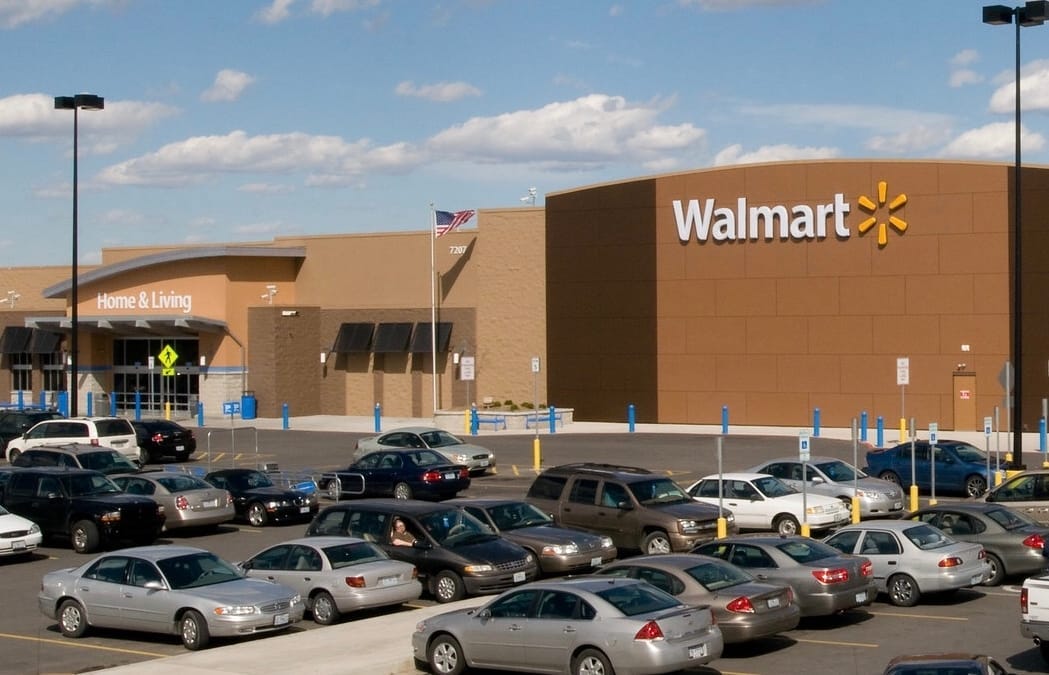No one likes paying for parking. Whether we’re headed to work, visiting a shopping center, or grabbing dinner, parking plays a central role in how we navigate the world and that comes with a cost. Have you ever stopped to think about who really pays for parking?
The answer depends on whether the parking is free or paid. And that difference reveals a fascinating truth about what parking truly represents: When you pay for parking, parking is the product. When parking is free, you are the product.
When You Pay for Parking: The Clear Transaction
Paid parking is a straightforward transaction. You pay a fee, and in return, you receive a designated space to leave your vehicle. The fee reflects the value of the land, maintenance, security, and convenience that parking offers.
In this scenario, parking is the product. You’re the consumer, and the revenue generated from your payment goes directly to supporting the costs of providing and managing the space. This model aligns with many urban environments or high-demand areas, where land is scarce and valuable. Paying for parking ensures turnover, accessibility, and often higher-quality facilities.
When Parking is Free: YOU ARE THE PRODUCT
Free parking may seem like a convenience or a perk, but there’s no such thing as a truly “free” parking space. Someone, somewhere, is footing the bill for that land and upkeep—and that someone often isn’t you. So, why would a business, employer, or city provide free parking? The answer lies in what they’re really selling.
Free parking is a tool to monetize you.
• Retail Stores: Free parking is designed to attract shoppers to the stores, restaurants, or entertainment venues. The parking is a baited hook; you’re the fish. Once you park, you’re more likely to spend money in the surrounding businesses. The retailer isn’t losing out—they’re making it back (and then some) through your purchases.
• Employers: Employers often offer free parking as a benefit to attract and retain employees. But don’t be fooled—this isn’t purely altruistic. Free parking supports their ability to have a workforce on-site, ensuring you’re available to generate value for the business.
• Real Estate Developers: Mixed-use developments or malls often use free parking as an amenity to drive foot traffic. The more people parking, the more valuable their other assets—such as retail spaces or offices—become. In this case, parking isn’t just a cost; it’s an investment in driving value for the surrounding properties.
The Real Cost of Free Parking
Free parking isn’t actually free. The costs of maintaining parking lots—paving, snow removal, lighting, security—are typically baked into something else. Retailers may charge higher prices to cover the expense, employers may compensate for free parking by offering slightly lower wages, and governments may absorb costs through taxpayer dollars.
In all of these cases, the costs are hidden, but they exist. And often, the hidden nature of these costs leads to inefficient land use and encourages car dependency, creating broader societal impacts like traffic congestion, pollution, and sprawl.
Rethinking Parking: A Product or a Tool?
Understanding the economics of parking helps us rethink its role in our lives and businesses. If parking is free, it’s worth asking: What’s the real motive? How is the entity providing the parking making its money back? Are you spending more elsewhere because of this “free” amenity?
On the flip side, paying for parking may feel inconvenient, but it ensures transparency. You’re not subsidizing someone else’s profit through hidden costs. Instead, you’re paying for a product you’re using, much like any other service.
Why Does This Matters?
As cities grow denser and land becomes more valuable, the economics of parking will continue to evolve. Businesses, municipalities, and property owners will need to decide whether to treat parking as a product or as a tool to drive other revenue streams. For individuals, recognizing the trade-offs behind free vs. paid parking can lead to more informed decisions—not just about where you park, but about what your money is really supporting.
Next time you pull into a parking lot or garage, ask yourself: Am I paying for parking, or is someone else monetizing my presence? The answer may change the way you view that “free” spot.







There is never anything "free" about parking. Great job articulating the economics of the parking spot.